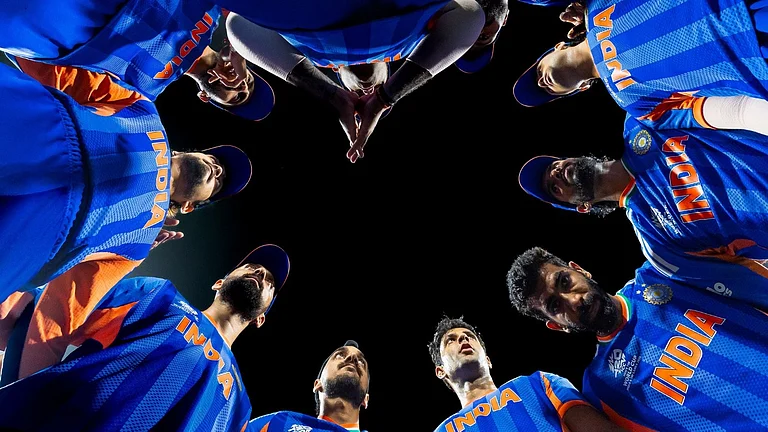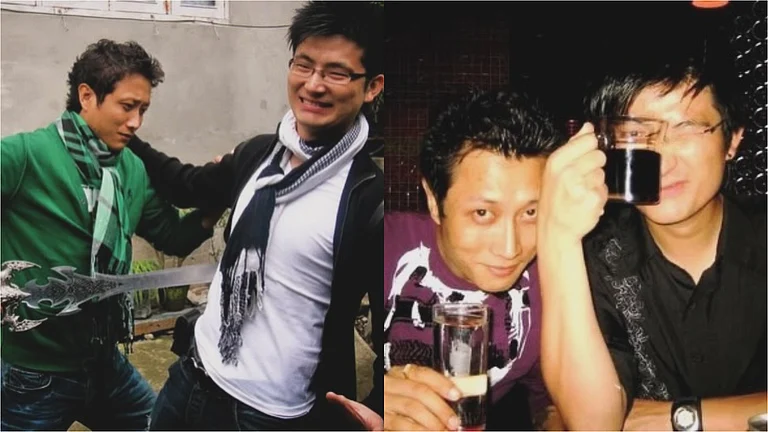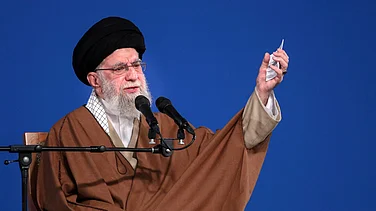
COP30 President Andre Correa do Lago warned the world is “running out of time” without stronger climate cooperation.
He criticised Donald Trump’s renewed withdrawal from the Paris Agreement and highlighted the developed–developing nations divide.
COP30 in Brazil will push for bridging gaps on finance, cleaner growth and public health through climate action.
The world risks “running out of time” to respond to climate change without stronger cooperation between nations, COP30 President Andre Correa do Lago said on Monday, underscoring the need to close the political and financial divide between developed and developing countries.
According to PTI, Correa do Lago also criticised US President Donald Trump’s stance on climate talks. “We understand that President Trump is not going to listen to me. And the problem is that he does not want to talk about the emissions of specific countries,” he told reporters. Trump has directed the United States to withdraw from the Paris Agreement for a second time, having first done so during his earlier administration. The US later rejoined under President Joe Biden.
Correa do Lago said that climate negotiations have long been shaped by a divide. Developing countries, he noted, continue to stress that wealthier nations must provide the resources to enable cleaner growth, while developed nations often push for new commitments without adequate support. “This divide is very strong,” he said.
He stressed that the gap must be bridged quickly. “We have to try to bridge that because science tells us we have very little time,” he said, adding that the challenge is not about “being right” but ensuring that climate action generates jobs, improves lives and builds a greener economy.
COP30 will take place in November 2025 in Belem, Brazil, marking the first time the UN climate summit will be hosted in the Amazon region.
Reflecting on the history of environmental debates, Correa do Lago said, “The agenda started with pollution. Now we talk about climate change, which is a much bigger and more complex phenomenon. But the first direct impact on people is pollution,” recalling how it fuelled movements in Europe and the United States in the 1960s and 1970s.
Citing examples from Brazil and India, he highlighted the role of biofuels in reducing air pollution in Sao Paulo and noted that India is taking comparable steps. However, he acknowledged that such measures can be costly, calling for greater international cooperation to make them more affordable.
COP30 CEO Ana Toni reinforced the link between health, development and climate action. PTI reported how Toni has said that pollution control provides a chance to align these goals.
“At COP30, what we’re trying to achieve is really accelerating actions that help both development, the well-being of people and prosperity,” Toni said.
She pointed to air quality and methane reduction as central areas of focus, arguing that cleaner transport in developing countries could reduce poverty, protect children’s health and lower emissions at the same time. “Air pollution and transportation in our cities are not just environmental issues, they are central to development and public health,” she added.
Leaders and negotiators from nearly 200 countries are expected to gather in Brazil to review progress since the Paris Agreement and to push for stronger commitments on emissions cuts, adaptation finance, and support for developing nations shifting to clean energy, PTI reported.
(With inputs from PTI)


























